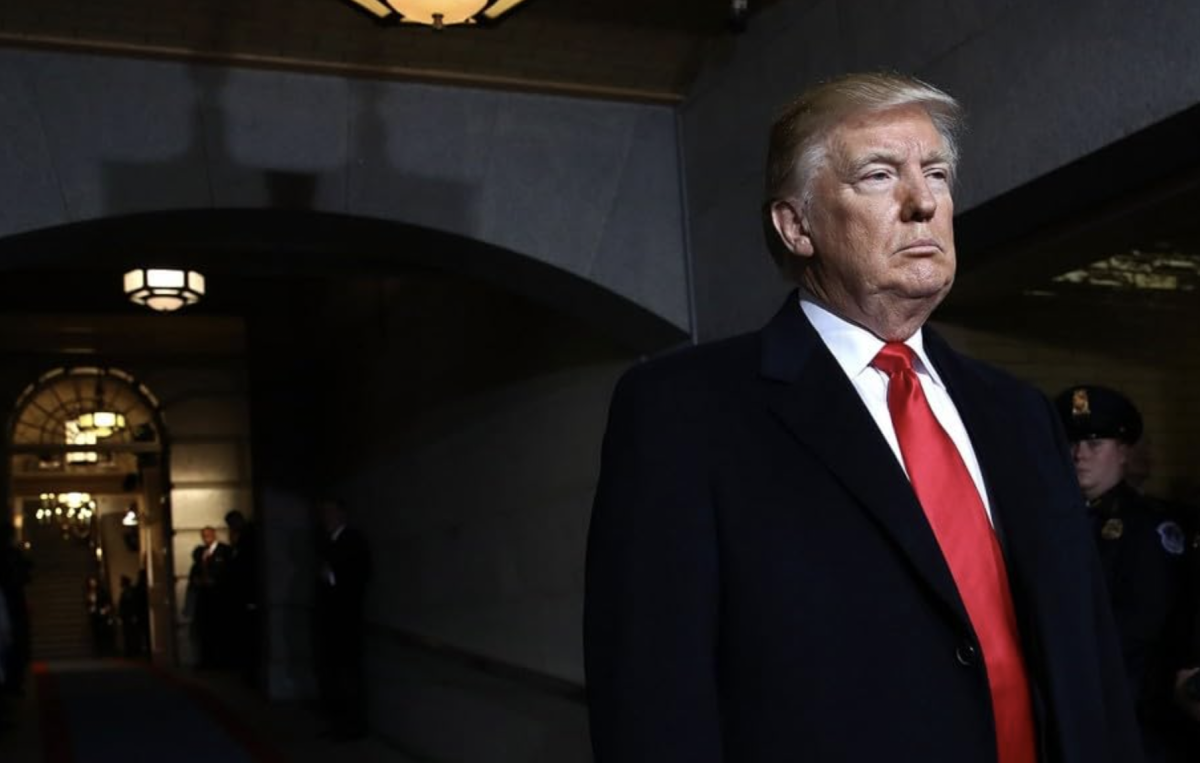
Professors Diane Curtis and Jennifer L. Nye delivered a lecture on the process of applying to law school in Herter Hall on Wednesday evening.
Curtis, director of the University’s pre-law advising office and a graduate of New York University School of Law, and Nye, a lecturer in Law and Social Justice who has over 12 years of experience as a practicing attorney, were introduced by Mark Roblee, internships and career advisor in the history department.
The talk, titled “Becoming an Attorney,” was designed primarily for history majors, but welcomed guests of all disciplines. The audience of about 25 people ranged from freshmen to seniors.
In response to the first question, which asked the panel to consider what made them want to become lawyers, Nye observed that “law is the only field for which there is no Nobel Prize,” as it relies on precedents and past decisions as opposed to innovation.
“Does anyone say they like applying to law schools?” Nye inquired.
“No,” Curtis quickly responded.
“You need to think about where you want practice law,” said Nye, pointing out the distinction between institutions with a strong reputation for producing national versus local lawyers.
Curtis revealed she was inspired to pursue law by a “very uncaring presidential administration that was devastating social services and health care,” although she “didn’t think about the where or money until too late.”
Curtis also emphasized the importance of talking to practicing attorneys, and “get[ing] them past the knee-jerk reason of ‘don’t go to law school.’”
“Make them talk about themselves,” she said.
Asked whether it was wise to go to law school with the potential mindset of not practicing law, Curtis pointed out “the only thing that’s more expensive is medical school” but praised the “phenomenal diversity” of the degree. For those wishing to go into politics, she asserted, it’s an excellent base to build relevant knowledge and connections.
Nye observed that a law degree offers “skills that can get you [to] lots of different places,” and implored the audience to “think about the skills more than the degree itself.” She also referred to the cost, which can total anything from $120,000 to $150,000.
“That’s a really expensive proposition. Make a plan on how you’re going to finance it,” said Nye, who added that Equal Justice Works (a nonprofit based in DC) offers valuable fellowships for those considering working in public interest law.
Another question asked what the job market looks like for lawyers, and Curtis remarked that there was a historical consensus that jobs kept rising, despite law schools not producing enough data to back it up. This ended when the financial crisis hit and several big firms closed and merged in 2009 -10.
“Talk to a lawyer who graduated in 2010. They had a very different experience,” Curtis said.
When asked about internships, Curtis said that schools want “interesting people from a variety of different fields,” and although direct experience in a law firm isn’t essential, it is “invaluable for affirming it’s what you want to do.”
Curtis and Nye also broke down the structure of a law degree. The first year is almost the same across all schools, with diversification taking place in the second and third years.
“I liked being a lawyer. I didn’t like law school,” said Nye, and recommended clinical programs, hands-on legal experience with licensed attorneys taking place in second and third year, to those who may feel similarly. She noted that Yale Law School’s Worker and Immigrant Rights Advocacy Clinic successfully challenged President Trump’s Muslim ban.
When Nye was asked whether law is seen as a good fit for history majors, she asserted that while the research methods will be useful when approaching legal work, the type of undergraduate degree doesn’t necessarily matter.
Curtis closed the event by talking about the application process. At around January of their junior year, students should be thinking about their approach, with the LSAT taken in September of their senior year and the application submitted by that Thanksgiving.
“Two thirds of applicants have already left college,” Curtis reminded the audience.
Although often stated, the importance of the LSAT was also stressed.
“It’s literally high stakes, worth tens of thousands of dollars,” and is “the gateway to schools and scholarships,” Curtis sais.
Schools will have their own requirements, which often take the form of essays and personal statements.
“Optional essays are not optional,” Curtis said with a smile.
Joseph Bortolussi, a history major, found the lecture enlightening.
“It was definitely informative, I would say. I’m a senior right now, and this is the most I’ve heard about the experience of law school,” he said.
Asked whether the lecture had changed his opinion on considering law school, Bortolussi was contemplative.
“It’s definitely had some sway, I’m not sure which way yet,” he said.
Glenn Houlihan can be reached at [email protected].


















